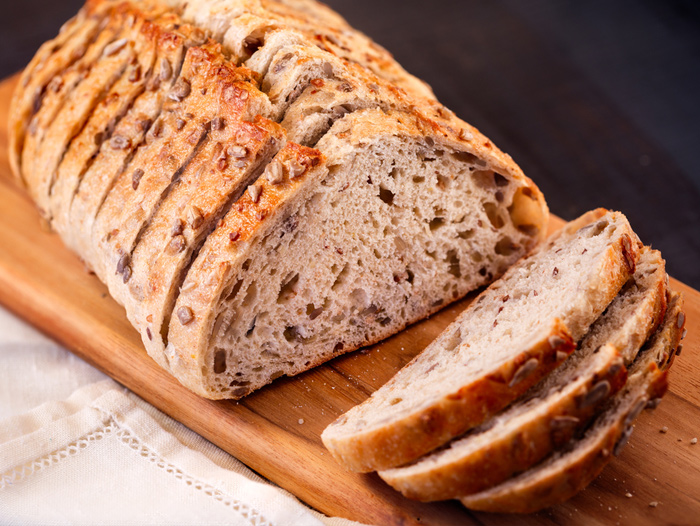How to Deliver Sourdough With Appropriate Characteristics for the Bakery Industry? The Answer may be Provided by Microbiota
October 6, 2023 | 1 min to read
In recent years, the production and consumption of sourdough have surged, largely due to its extended shelf life, nutritional benefits, unique flavor, and lack of food additives. The article highlights the role of microbial diversity, including Saccharomyces and non-Saccharomyces yeasts, in enhancing sourdough's safety and nutritional properties. Despite challenges in standardization, modulating the microbiota is key to scaling up production, emphasizing the importance of factors like temperature and flour type for improving quality in the bakery industry.

Sourdough production and consumption have significantly increased in recent years due to factors such as extended shelf life, nutritional benefits, particular flavour and the absence of food additives. These characteristics have attracted both consumers and baking industry. The advantages associated with sourdough fermentation are related to the microbial metabolism of sourdough, including lactic acid and acetic bacteria, Saccharomyces and non-Saccharomyces yeasts. This review explores how microbial diversity can impact the bakery industry, enhancing sourdough bread’s safety, sensorial and nutritional properties. However, the standardization on sourdough production is still a challenge. Therefore, modulating the microbiota becomes a crucial strategy for scaling up the production of sourdough. Understanding how parameters such as temperature, pH, dough yield and flour type impacts on sourdough microbiota and bread quality is essential for improving sourdough bread production in an industrial context. In this work, we pose the following question: how to deliver sourdough with appropriate characteristics for the bakery industry? The answer may be provided by microbiota.
To read the rest of the story, please go to: Food Bioscience
